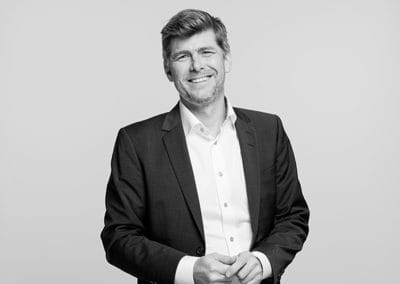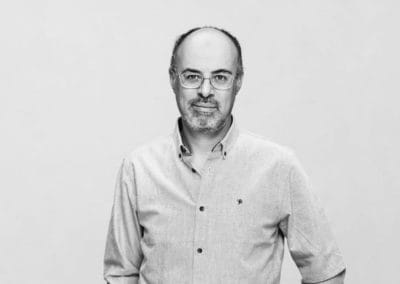More about establishing a company
The company will normally be established by Inven2, but can also in certain cases be established by the inventor. More information in «Veiviseren for Oppstartsbedrifter» – point 11.
Inven2 establishes a company together with the inventor
An entrepreneur is someone who takes on a leading role in the development of the company’s business. This could be the inventor, or another person with a business background. In cases where the entrepreneur is not one of the inventors, there will often be a need to involve one or more inventors in the further development of the business. Inventor can then, for example, work part-time for the company (if permitted by the employer), work as a research adviser or cooperate with the company as a purely academic researcher (typically regulated by an agreement between the company and the researcher’s employer).
Private investors secure capital to the development and receive shares in the company. In some cases, Inven2 may invest capital in the early phase, in order to ensure that the company has capital for development. Other investors are often encouraged to participate. A CEO with experience from entrepreneurship or as a serial entrepreneur is normally hired to develop the company. The CEO receives a salary and gets to participate in the incentive system that is normally established by the company’s board of directors.
Inven2’s agreements with owners state that the three-way model also applies in the event of company formation This means that the owner institution’s share of the initial share capital must be divided into three, but it has no bearing on how the ownership interest is otherwise divided.
If you, as the inventor, are to play an active role in the company, you must receive permission from your employer to take on a secondary engagement. More about this in «Veiviseren for Oppstartsbedrifter» – point 14.
The inventor establishes their own company
Oslo University Hospital and University Hospital have given Inven2 the responsibility to choose a strategy for commercialization. Inven2 will always consult with the inventors before making a decision, ensuring we have the best possible foundation to choose the commercialization strategy that offers the best conditions for successful commercialization and value creation.
If Inven2 and the inventor(s)s conclude that the inventor(s) can establish a company based on the invention independently, the employer must first grant permission for secondary employment.
The inventor will be responsible for the business development. Inven2 can license the rights to commercial use of the employee’s invention to the company, if it can document sufficient resources in the form of access to competent management and funding to develop the innovation with a view to introducing it on the market. Licensing to a company established by the inventor will take place in accordance with the same principles as for licensing to an established industry. The most important principles are that the employer retains ownership of any patents, that the license agreements are entered into based on market terms and that the owner, inventors and Inven2 shall be able to take part in any future success.
Inven2 does not demand shares in your company, but can become a shareholder if the company wants to pay for a license with shares.
In cases that does not concern an employee invention and this is confirmed by the employer in writing, the inventor is free to establish a company based on the invention.
Exit strategy
Inven2’s goal is to contribute to increased commercialization of inventions. It is crucial to have sufficient capital turnover to assist in the commercialization process in several companies. A stock market listing will be considered a liquidity event for Inven2 and will therefore be used to realize 1/3 of the equity holdings in connection with a listing. As one of the first investors in a company, Inven2 will often need to also realize the remaining 2/3 earlier than many other investors who come in later.


